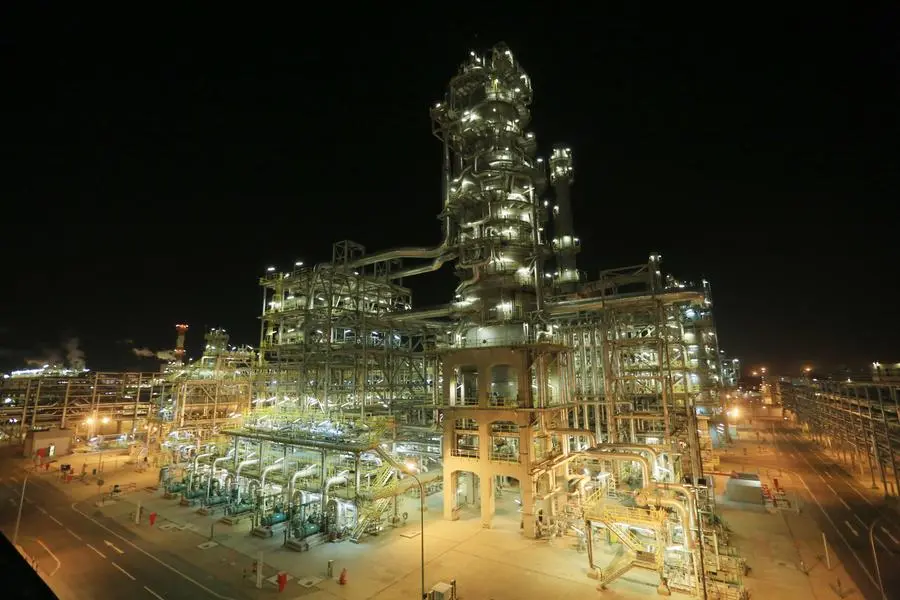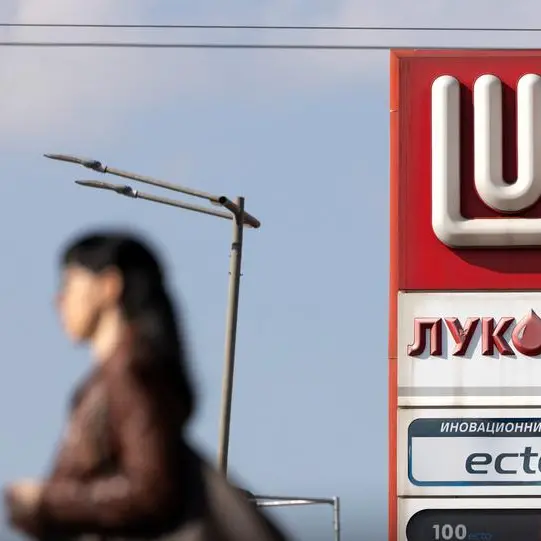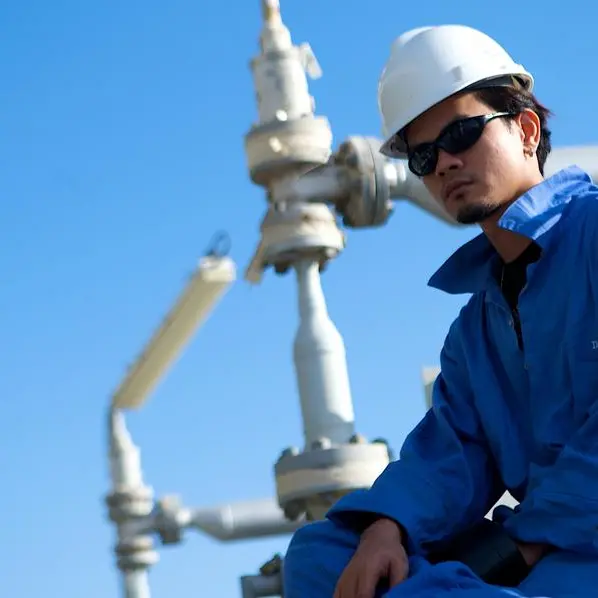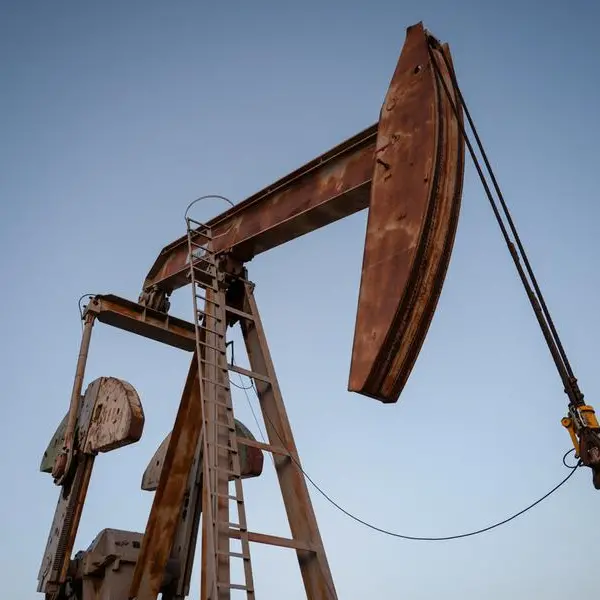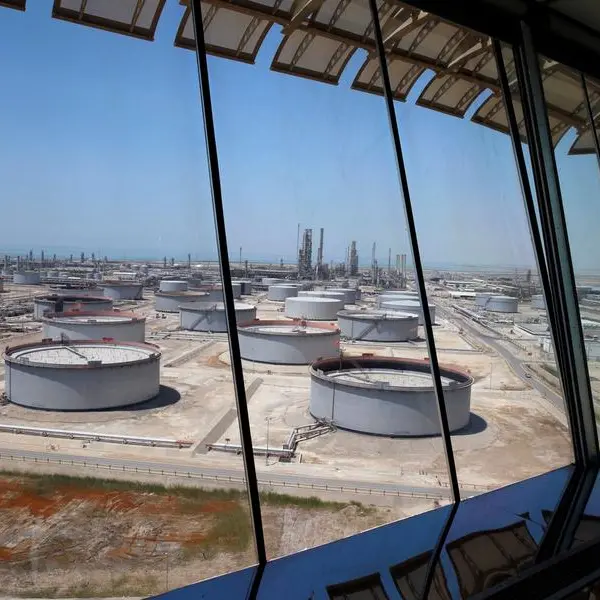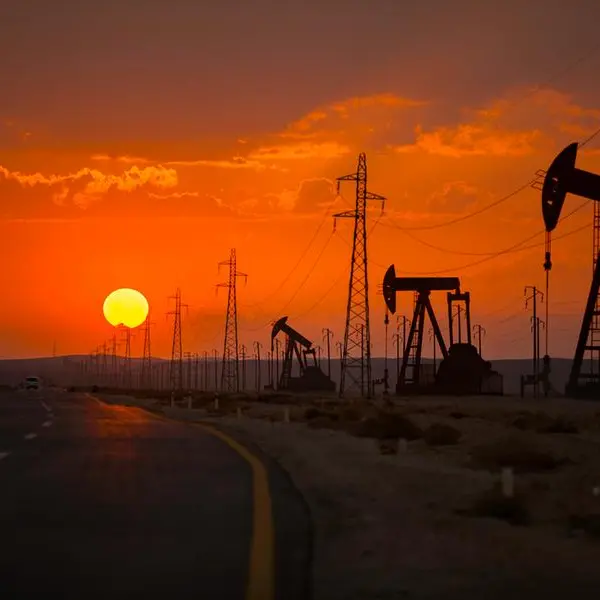PHOTO
The Egyptian Refining Company (ERC), Africa’s largest refinery and a subsidiary of EGX-listed Qalaa Holdings, has announced $200 million investment for the second phase of its expansion programme, which will increase its refining capacity by 600,000 tonnes per annum.
ERC’s flagship second-stage refinery, located in Mostorod, currently has a capacity of 4.7 million tonnes per annum.
The first phase of the expansion, completed this year, added 400,000 tonnes of refining capacity without additional costs, Qalaa Holdings’ founder and chairman Ahmed Heikal told Zawya Projects.
“Phase 2 will increase ERC’s production capacity by 14 percent, bringing the refinery’s total production to 124 percent of its original design capacity,” he said.
ERC is Egypt’s largest public-private partnership (PPP) mega project, and is owned 34 percent by the national oil company Egyptian General Petroleum Corporation (EGPC).
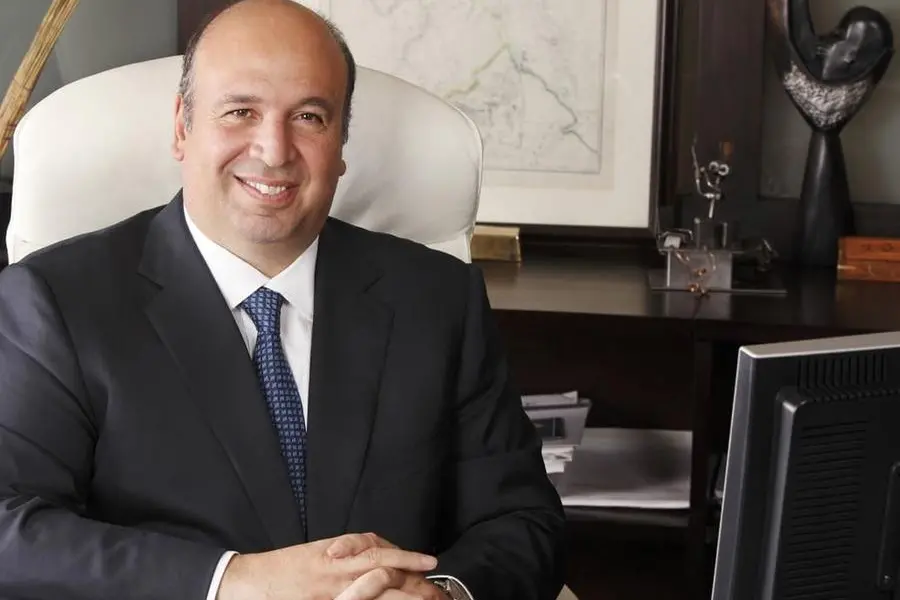

Heikal said ERC has contributed significantly to reducing Egypt’s reliance on imported petroleum products, with the refinery meeting 30 percent of the country’s high-quality diesel fuel demand.
Accelerated debt repayment
The company is also advancing the repayment of its $2.35 billion syndicated loan, initially scheduled for completion in 2027, to 2025. The loan, secured from European and African banks, currently has a balance of $724 million.
“ERC will repay $200 million in December 2024, reducing the balance to $524 million, which is planned to be fully repaid by 2025,” Heikal said, adding that repayment started in 2019.
EGPC’s decision to reduce the debt owed it by ERC to 68 percent, from $650 million to $205 million, allowed the company to meet its financial obligations ahead of schedule, he noted.
Since starting operations in the second half of 2019, ERC has produced 22.6 million tonnes of petroleum products, including 11.5 million tonnes of diesel with European specifications (less than 10 parts per million of sulphur), 1.1 million tonnes of jet fuel, 4.5 million tonnes of gasoline and butane derivatives in addition to by-products pet-coke and sulphur to cement and fertiliser companies respectively.
(Reporting by Marwa Abo Almajd; Editing by Anoop Menon)
(anoop.menon@lseg.com)
Subscribe to our Projects' PULSE newsletter that brings you trustworthy news, updates and insights on project activities, developments, and partnerships across sectors in the Middle East and Africa.
